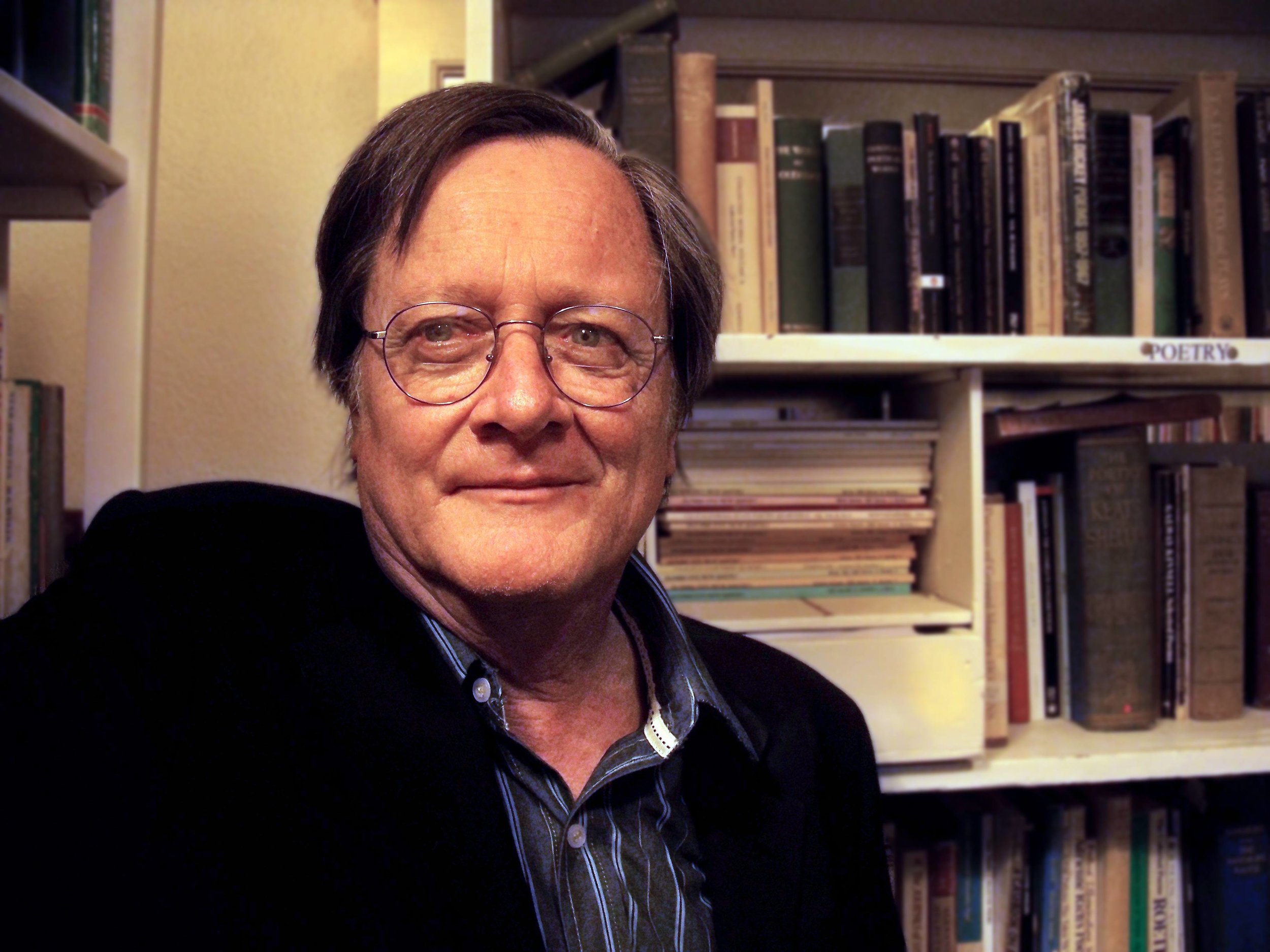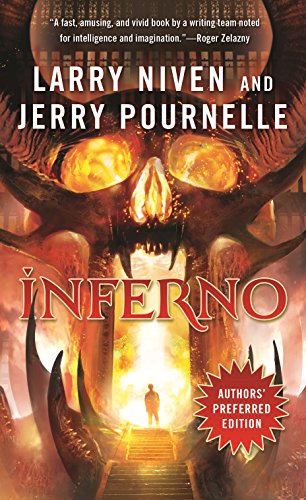Good Omens and Good Theology

With the popular success of the Amazon Originals series Good Omens, based upon the popular success of Neil Gaiman’s book of the same name, we also have popular Catholics pointing out that Neil Gaiman doesn’t exactly have a STD [Doctorate of Sacred Theology].
First, the Catholic Herald, Good Omens is a travesty of eschatology.
This one was prominent enough that Neil Gaiman himself retweeted it:

Second, Kendra Tierney, ‘Good Omens’ and ‘Lucifer’ Are Both Wrong About Angels and Devils, but One of Them Is also Wrong About God and Human Beings:

For the most part, I can’t actually disagree with the narrow claim that Good Omens isn’t an accurate representation of the Catholic faith, or any specific item you might find in the Catechism. But, on the other hand, I also have zero expectation of that, so I’m inclined to give Gaiman some slack here. He hasn’t ever represented himself as a Christian author, so it shouldn’t be surprising.
If you want catechesis, popular culture is absolutely the wrong place to look for it. I get the idea that you want to educate the vast majority of Christians who don’t know much of the intellectual content of their faith, but I do take exception to blaming Gaiman for getting it wrong, when he cannot reasonably be expected to get it right.
Especially when I find Good Omens in particular to not be that bad. Gaiman has written far worse stories, for example the short story “The Problem of Susan”, or the comic “Murder Mysteries”, with P. Craig Russell. These are objectionable enough to scandalize me, in the narrowly technical, canon law sense. I gave up reading Gaiman for years because of “The Problem of Susan”. Which genuinely makes me sad, because he is a talented author.
Let’s look at a particular claim in Kendra Tierney’s article, that angels are incorporeal. Yes, this is absolutely what the Catechism says on the subject. Especially because it was the stance of my patron, St. Thomas Aquinas, the Angelic Doctor. However, it was a minority position among Scholastics that angels could be corporeal.

Tim Powers – writer of stories involving corporeal angels
More to the point, let us look at examples of authors with a better claim to be Catholics who have written stories that involved angels with bodies, or at least wearing bodies, which is what I think Good Omens actually presents. One of my all-time favorite authors, Tim Powers, wrote Declare, his first overtly Catholic novel, despite being very publicly Catholic for a very long time, which features fallen Angels living on Mount Ararat, and tied in with the life of Kim Philby and the fate Soviet Union. Those angels are very corporeal, because they can be killed. By men. With guns [admittedly special guns]. Powers is the most authentically Catholic author I know, and he always writes his books in a way that reflects a deep conviction of the Catholic faith.

Tim and Jerry were friends, BTW
Next, Jerry Pournelle. Jerry was pretty public about his struggles with Catholicism, but he also wrote stories that assumed Catholicism was true. Especially his retelling of the first part of Dante’s Divine Comedy, Inferno. Jerry himself described the inspiration for this story as C. S. Lewis’ The Great Divorce meets Dante.
This story only makes sense if people in Hell/Purgatory have bodies. Which coincidentally, is one of the complaints philosophically minded Orthodox have with Catholics. This contradicts the Catechism, but it also makes for a really good story, which is genuinely supportive of the faith. I take this to illustrate that good stories might not constitute good theology.
Finally, the author that probably represents Catholicity to the greatest number of the faithful at present, J. R. R. Tolkien. Gandalf and Saruman and Sauron himself are represented as spiritual beings wearing bodies of flesh. Bodies which can be destroyed, leaving those spirits unable to act in the world, echoing Gaiman’s line in Good Omens about being inconveniently discorporated.
I don’t think any of the authors I listed would have wanted to try to disprove any element of Catholic theology with their fiction, and they all wrote stories featuring a major plot element of Good Omens. I think we can cut Neil Gaiman some slack here.



Comments ()